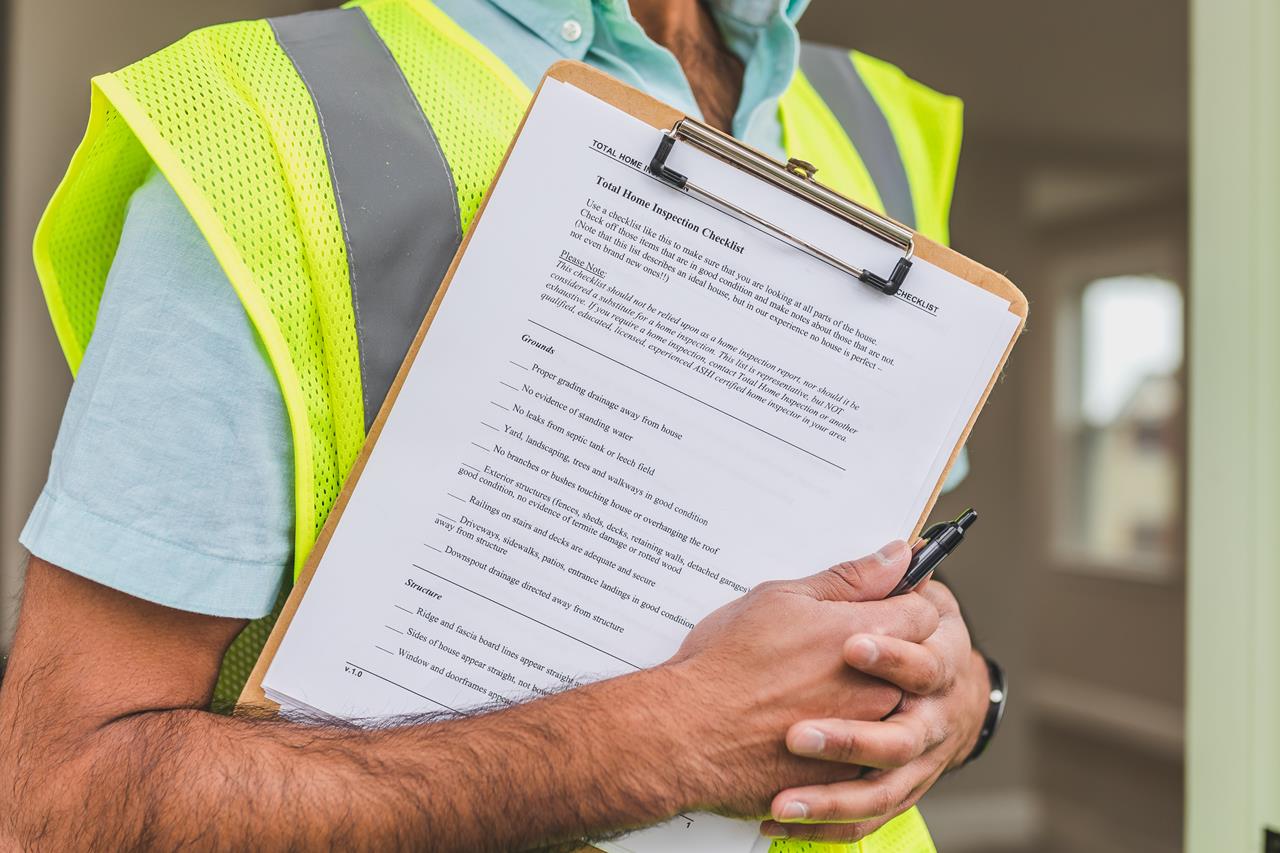In today’s fast-changing regulatory landscape, businesses face increasing pressure to remain compliant while also managing operational risks. Traditional approaches to compliance are no longer sufficient in handling the volume and complexity of data that organizations encounter daily. This is where AI in compliance risk mitigation is transforming the way companies operate.
At Ariscu, we help businesses in South Africa streamline compliance and risk management using advanced digital solutions. You can learn more about our initiatives on our website and explore related insights in the Ariscu Blog.
For companies that want to understand how technology can safeguard operations, our earlier blog on smart risk management for South African company legal compliance lays a solid foundation. In this article, we’ll go a step further, diving into how AI in compliance risk mitigation is becoming a game-changer for South African organizations.
The Growing Importance of Compliance in South Africa
South Africa has one of the most complex regulatory environments on the continent. With laws spanning across environmental protection, workplace safety, financial reporting, consumer rights, and data privacy, businesses must constantly adapt. Non-compliance can result in hefty fines, legal consequences, and reputational damage.
Key regulations such as the Companies Act, POPIA (Protection of Personal Information Act), OHSA (Occupational Health and Safety Act), and environmental legislation impose strict requirements on organizations. Managing these diverse obligations requires proactive and intelligent tools.
This is where AI-driven compliance platforms can assist by providing automated monitoring, predictive analytics, and real-time alerts.
What is AI in Compliance Risk Mitigation?
AI in compliance risk mitigation refers to using artificial intelligence technologies like machine learning, natural language processing (NLP), and predictive analytics to identify, monitor, and manage compliance risks. Instead of relying solely on manual reviews, AI can analyze large datasets, detect anomalies, and predict potential compliance breaches.
For example, AI can:
- Scan legal updates and flag changes relevant to your industry.
- Monitor employee activities for early signs of non-compliance.
- Automate reporting and reduce human errors.
- Predict potential environmental or financial risks.
By integrating AI into compliance systems, South African businesses can strengthen governance while minimizing costs and inefficiencies.
The Role of AI in South African Business Compliance
South Africa faces a unique set of compliance challenges due to its evolving regulations, high levels of corporate scrutiny, and increasing focus on sustainability. Companies must not only comply with local laws but also align with global standards to remain competitive.
Here are key areas where AI in compliance risk mitigation makes a difference:
1. Real-Time Regulatory Monitoring
AI tools continuously scan government updates, court rulings, and industry regulations. This ensures companies are always aware of the latest requirements without spending countless hours manually reviewing legal documents.
2. Automated Risk Assessments
AI can evaluate risks across business units by analyzing historical data, financial patterns, and employee behavior. This helps compliance officers prioritize areas of high risk.
3. Enhanced Data Privacy Protection
With POPIA enforcement, protecting personal data is critical. AI can detect potential breaches, monitor access to sensitive data, and enforce compliance with data protection laws.
4. Fraud and Financial Compliance
AI-driven anomaly detection can highlight suspicious financial activities, reducing risks of fraud, money laundering, or regulatory violations.
5. Environmental and ESG Compliance
AI can assist in monitoring environmental performance, helping companies comply with South Africa’s strict environmental laws and ESG (Environmental, Social, Governance) standards.
Benefits of AI in Compliance Risk Mitigation
South African businesses that adopt AI in compliance gain several advantages:
- Efficiency: AI automates repetitive compliance tasks, saving time.
- Accuracy: Machine learning reduces human error in risk analysis.
- Proactive Risk Management: Predictive analytics help prevent violations before they occur.
- Cost Reduction: Lower compliance costs compared to manual systems.
- Reputation Protection: Compliance boosts public trust and investor confidence.
By shifting from reactive compliance to proactive risk mitigation, companies create long-term sustainability.
How Ariscu Supports AI in Compliance
At Ariscu, our solutions integrate AI-powered tools into compliance and risk management systems tailored for South African companies. From regulatory monitoring to ESG reporting, we provide organizations with platforms that simplify complex processes.
Our services include:
- Automated compliance monitoring customized to industry regulations.
- Risk dashboards powered by AI to give executives real-time insights.
- Workflow automation to streamline compliance reporting.
- Integration with ESG frameworks to ensure environmental responsibility.
Through AI, we enable businesses to align with legal requirements, manage risks effectively, and focus on growth.
Challenges of Implementing AI in Compliance
While the benefits are significant, adopting AI in compliance also comes with challenges:
- High Initial Investment: Implementing AI systems requires upfront resources.
- Data Quality Issues: Poor or incomplete data can limit AI effectiveness.
- Change Management: Employees must adapt to new workflows and trust AI tools.
- Legal Uncertainty: South African laws are still evolving around AI, data protection, and automation.
Despite these hurdles, companies that embrace AI early position themselves ahead of competitors.
The Future of AI in Compliance in South Africa
As South Africa continues to digitize its economy, AI will play a greater role in compliance and governance. Expect developments such as:
- AI-driven regulatory sandboxes to test new compliance models.
- Integration of blockchain for transparent compliance reporting.
- Advanced ESG monitoring aligned with global sustainability standards.
South African regulators are also beginning to recognize AI’s potential in enforcing compliance, which will accelerate adoption across industries.
FAQs
What is AI in compliance risk mitigation?
AI in compliance risk mitigation uses artificial intelligence to monitor, analyze, and manage compliance risks automatically, reducing errors and improving efficiency.
Why is AI in compliance risk mitigation important for South African companies?
It helps companies navigate complex local laws, avoid costly penalties, and maintain strong reputations in a highly regulated environment.
How does Ariscu help with AI in compliance risk mitigation?
Ariscu provides AI-powered compliance solutions tailored to South African regulations, including monitoring, reporting, and risk management tools.
What laws affect AI in compliance risk mitigation in South Africa?
Key laws include POPIA, OHSA, environmental legislation, and the Companies Act, all of which require proactive compliance management.
How can companies implement AI in compliance risk mitigation effectively?
Businesses should start with clear compliance goals, ensure data accuracy, train staff, and partner with trusted providers like Ariscu.
Conclusion
The role of AI in compliance risk mitigation is rapidly expanding in South Africa, offering companies smarter ways to manage risk, reduce costs, and ensure legal compliance. By leveraging AI-powered tools, businesses can move beyond reactive compliance and establish proactive, sustainable governance.
At Ariscu, we are committed to helping South African organizations navigate this transformation through innovative solutions that integrate AI into compliance systems. To explore more insights, visit our Ariscu Blog.







